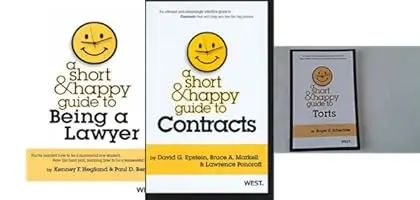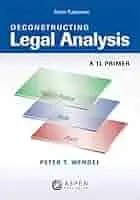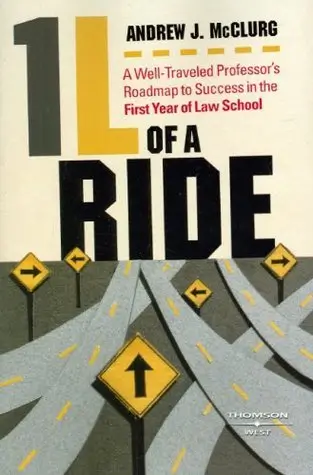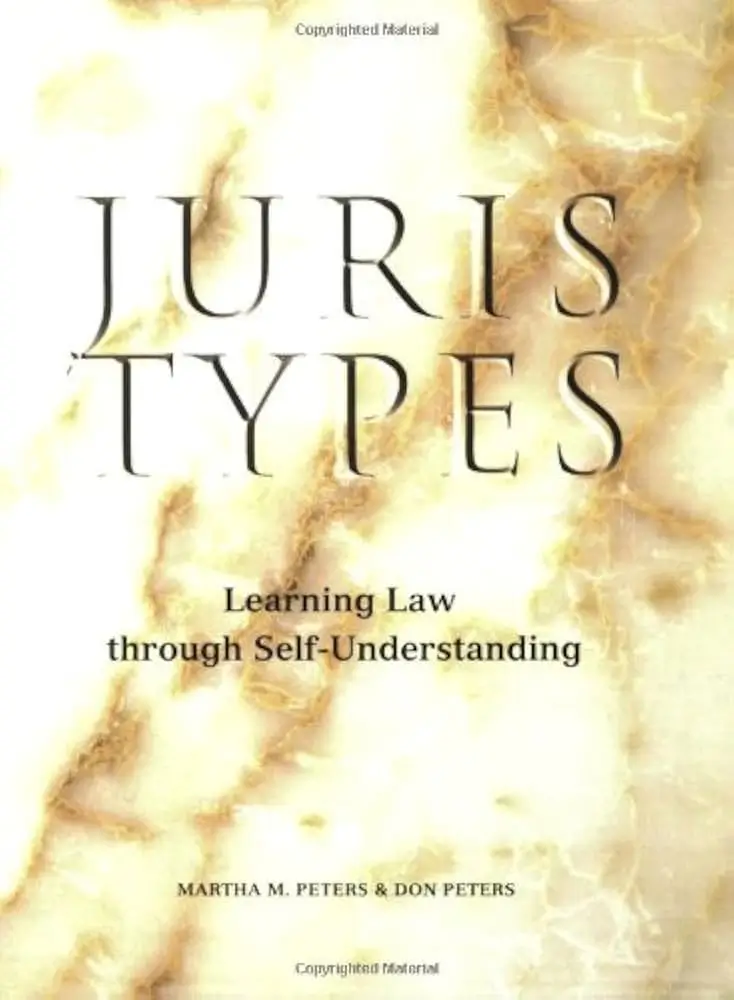Why These Law Student Must Read Books Are Your Secret Weapon
Law school isn’t for the faint hearted. It’s a marathon of intellect, endurance, and self discovery. Yet, too many students fall prey to the allure of hacks that promise to bypass the grind. Spoiler alert: they don’t work. Exams don’t reward rote memorization or slick gimmicks, they demand depth, analysis, and preparation. That’s where these law student must read books shine. They don’t just teach you law, they transform how you think about it. For instance, they offer a panoramic view of legal principles, hone your analytical edge, and peel back the mystique of the law school experience. Plus, they spotlight your personal strengths and weaknesses, tailoring your path to success.
What sets this list apart? It’s battle tested. As a law student myself, I’ve sifted through countless resources, separating the gold from the glitter. These four books, each a beacon in its own right, cater to both rookies and veterans. They’re not about cutting corners, they’re about building foundations. So, let’s dive into the titles that will carry you through late night study sessions, cold calls, and beyond.
The Top 4 Law Student Must Read Books: Your Toolkit for Triumph
1. A Short and Happy Guide Series: Your Friendly Law School Sherpa

If you haven’t caught wind of the A Short and Happy Guide series yet, brace yourself, it’s the buzz of every law school lounge. This collection is a law student must read book for a reason: it takes the sprawling, intimidating terrain of first year courses and turns it into a manageable hike. Think Torts, Property, Contracts, Civil Procedure, Constitutional Law, and Criminal Law, all distilled into concise, approachable volumes. The premise is simple yet revolutionary: simplify without dumbing down. For me, discovering these guides was like finding an oasis. Suddenly, I wasn’t just surviving law school, I was thriving, and dare I say, happier.
Each book is authored by a luminary in the field, ensuring you’re learning from the best. Take my personal favorite, A Short and Happy Guide to Civil Procedure by Professor Rich Freer, a titan in the discipline who teaches at Emory Law. Civil Procedure can feel like a labyrinth of rules and exceptions, think personal jurisdiction, subject matter jurisdiction, and venue. Freer, however, has a gift. He breaks these concepts into bite sized pieces, making the impenetrable feel conquerable. For example, federal subject matter jurisdiction, how a case lands in federal court, once loomed like a riddle.
But the magic doesn’t stop there. complements this guide with free webinars like How to Succeed in Law School, hosted by none other than Freer himself. I tuned in recently, and the synergy was uncanny, his webinar echoed the book’s ethos: pay attention in class, decode your professor’s quirks, and take killer notes.
Beyond the Basics: Why It Works
What makes this series stand out? It’s not just about clarity, it’s about empowerment. For instance, when I tackled Civil Procedure, I felt buried under statutes and case law. Freer’s guide didn’t just explain, it equipped me to think like a lawyer. Consequently, I walked into class discussions with confidence, not dread. If you’re researching supplements, you’ll see Freer’s name pop up everywhere, and for good reason. This is your first stop on the law student must read books journey. Additionally, the series spans all 1L subjects, offering a consistent lifeline across your foundational year.
I’ve leaned on it for Torts too, where it unraveled negligence in a way my professor’s lectures couldn’t. Meanwhile, its brevity keeps you from drowning in details, a common rookie mistake. So, whether you’re wrestling with Contracts or Constitutional Law, this series delivers. It’s practical, digestible, and, frankly, a mood lifter in the high stakes world of law school.
2. Deconstructing Legal Analysis: A 1L Primer by Peter T. Wendel: Your Blueprint for Brilliance

Next up, let’s talk about a law student must read book that rewires how you approach cases: Deconstructing Legal Analysis: A 1L Primer by Peter T. Wendel. Law school isn’t undergrad 2.0. You’re not here to parrot facts on a multiple choice test. Instead, you’re dissecting cases, crafting arguments, and briefing like your grade depends on it, because it does. Wendel gets that. His primer isn’t a dry how to manual, it’s a hands on workshop. Specifically, it walks you through practice cases, challenging you to pinpoint core facts, identify issues, and nail rule statements.
Here’s a confession: my first crack at briefing Pierson v. Post, the classic fox hunting property dispute, was a train wreck. I scribbled in pen, crossed out half my notes, and still missed the rule. Wendel’s advice? Use a pencil. Trust me, it’s a game changer. Moreover, the book pushes you to add a critique section to your briefs, your chance to poke holes in the court’s reasoning. This tweak paid off fast. In class, my professors started asking questions that mirrored my critiques, and I was ready.
From Novice to Ninja: The Transformation
Why does this book rank among law student must read books? It bridges the gap between theory and practice. For example, briefing felt like a foreign language at first, facts, holdings, and rationales jumbled together. Wendel’s exercises forced me to slow down, think critically, and build a method. As a result, I’ve gone from fumbling newbie to briefing ninja. If you’re serious about mastering legal analysis, this one’s non negotiable.
3. 1L of a Ride by Andrew J. McClurg: Your Law School Survival Manual

Ever heard whispers about 1L of a Ride by Andrew J. McClurg? If you’re an incoming student, you probably have, it’s practically folklore. For good reason too. This law student must read book doesn’t just focus on your first year, it maps out the entire law school odyssey. Think of it as your wise, witty guide through the chaos, part mentor, part cheerleader. Specifically, McClurg tackles everything: study strategies, winning over professors, decoding first year classes, and briefing cases with finesse.
But it’s more than a playbook. McClurg gets the human side of law school. He weaves in advice on staying sane, balancing physical health, emotional well being, and that ever elusive social life. For instance, he reminds you to step away from the books sometimes, a lesson I learned the hard way after a caffeine fueled all nighter. Plus, his tone is refreshingly candid, cutting through the pomp of legal academia with humor and heart. Consequently, it feels like a friend’s got your back.
A Holistic Approach to Winning
What elevates this to a law student must read book? Its scope. While others zoom in on academics, McClurg paints the full picture. He’s not just prepping you for exams, he’s prepping you for the marathon. As a result, I’ve adjusted my study habits, charmed a professor or two, and even slept better. This one’s a keeper.
4. Juris Types by Martha M. Peters and Don Peters: Your Personal Law School Mirror

Now, let’s spotlight a hidden gem among law student must read books: Juris Types: Learning Law Through Self Understanding by Martha M. Peters and Don Peters. It’s not as hyped as the others, but don’t sleep on it, this book is a revelation. Here’s the gist: it uses your Myers Briggs personality type to decode your strengths and blind spots as a law student and future lawyer. For me, an ISTJ (Introversion, Sensing, Thinking, Judging), it was like holding up a mirror.
Take my cold calling woes. In class this week, a professor blindsided me with a question, and my brain froze. Juris Types nailed it: I need time to process before I speak. Knowing that? It’s a game changer. Accordingly, I’ve started prepping talking points before class, turning a weakness into a strength. Plus, the book highlights what I’m good at, detail oriented analysis for one, and nudges me to lean into it.
Self Awareness Is Power
Why does this make the law student must read books list? It’s personal. While other books teach skills, this one teaches you. For example, understanding my ISTJ quirks has smoothed my transition into law school’s pressure cooker. Consequently, I’m not just surviving, I’m strategizing. If you want an edge, this is it.
Your Roadmap to Law School Mastery
So, there it is, your curated arsenal of law student must read books. These aren’t just titles, they’re your ticket to thriving in law school’s crucible. Ultimately, they reject shortcuts for substance, guiding you through legal analysis, classroom chaos, and personal growth. Ready to conquer? The journey starts with page one.


